
First COVID, now gun violence — what’s next for frontline workers?
Dr. BCW, Dr. Curry-Winchell, discusses with, Reno Gazette Journal, the recent gun violence targeted at health care providers and the challenges modern health care providers face from sickness like COVID to gun violence from disturbed patients. As patients become more and more angry with healthcare workers the risk of violence toward providers becomes more and more of a concern on providers minds. This is a serious topic for anyone working in the healthcare industry.
Read the full Reno Gazette article here
Article Snippet:
“Oh no, not again.” The words we find ourselves saying far too often these days.
Let’s start with COVID. When the virus first spread across the U.S. and paralyzed the world, I was scared.
As an urgent care physician, I was concerned that I could bring this unknown deadly “thing” to my home, and more importantly my family. But despite my fears, I knew I had to help.
There was no hesitation from me, or my colleagues to do our part. We immediately moved into action. No one shied away from shifts, and there wasn’t a single person that hesitated to answer the call of duty.
When some medical offices closed their doors — leaving their patients with nowhere to go — we staged drive-through test sites and mobilized outdoor clinics. Patients came to us extremely sick, unable to breathe, fatigued and with terrible respiratory diseases.
Then, the vaccines.
Initially, people seemed thrilled. But it quickly started to become politicized. We began to see increased mistrust of the health care system, and vicious attacks on frontline workers like myself who diagnosed patients with the virus, or publicly supported vaccinations. Never had there been a time in medical history where people completely dismissed or didn’t believe a doctor’s diagnosis….
See what else Dr. Curry-Winchell has to share about gun violence in her Reno Gazette article linked above.
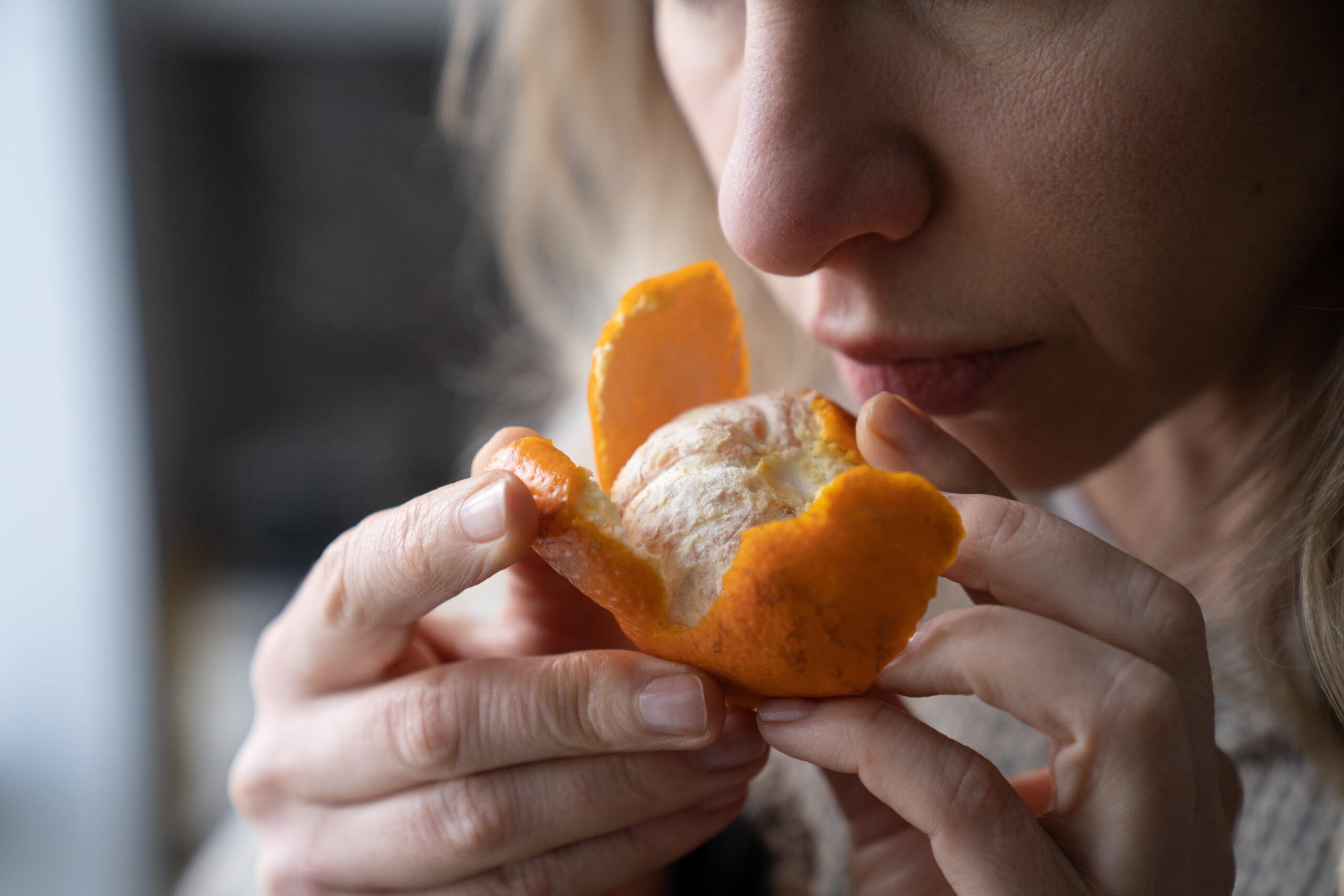
Already Had COVID? These COVID Symptoms May Never Go Away?
Dr. BCW, Dr. Curry-Winchell, discusses COVID symptoms with Eat This, Not That. As we continue to learn more about COVID is does appear that some COVID symptoms may never go away. These long term symptoms are sometimes referred to as long-haulers. Learn more from the article below.
Read the full Eat This Not That article here
Article Snippet:
While many people won’t become seriously ill with COVID or deal with short-lasting symptoms, for others that’s not the case. Millions are experiencing a wide range of symptoms for weeks or even months after the initial infection of the virus and researchers are still baffled as to why they have PASC (post-acute sequelae of COVID-19), or “Long COVID.” “While it might seem like forever now, in the medical world, COVID is still considered relatively new – which means we’re still learning new things about the virus daily. So far what the? CDC?has identified as long-term effects range from a series of general symptoms, respiratory, heart and neurological symptoms,” Dr. Bayo Curry-Winchell, Urgent Care Medical Director and Physician, Carbon Health and Saint Mary’s Hospital tells us. There’s now growing concern that some symptoms are never ending and Dr. Curry-Winchell, who has been treating COVID patients since the beginning, explains what signs of COVID may never go away. Read on—and to ensure your health and the health of others, don’t miss these
See what else Dr. BCW has to share as she answers questions for Eat This, Not That as they answer the questions, Already Had COVID? These COVID Symptoms May Never Go Away?
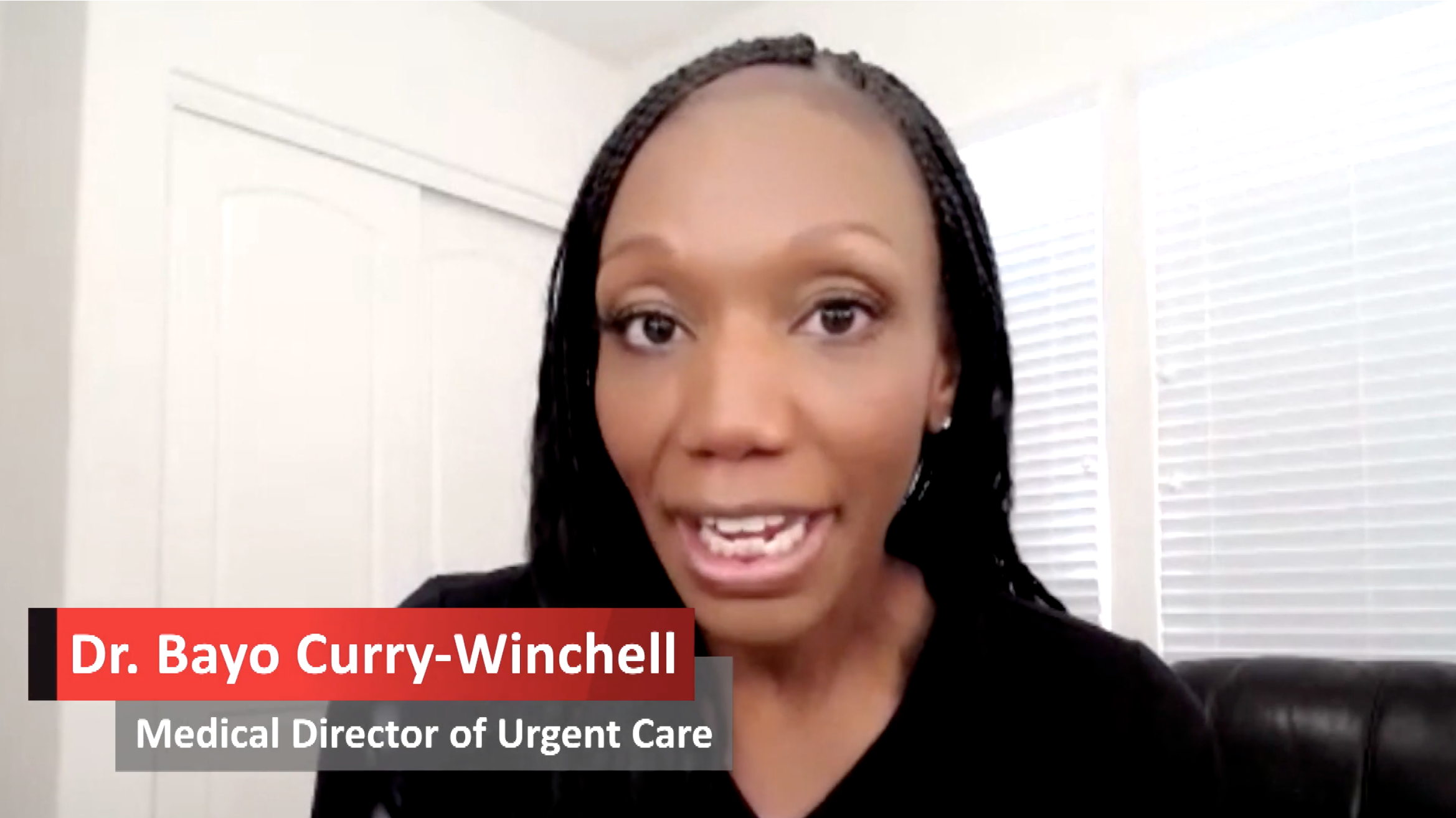
Healthcare Workers Plagued With COVID-Related PTSD and Burnout
Dr. BCW, Dr. Curry-Winchell, works with Inside Edition to deliver an article and short video on COVID-Related PTSD and Burnout in Healthcare workers.
For some outside of the medical industry it might seem like the everything is just back to normal. But for many healthcare workers the COVID pandemic has left an indelible impact on them mentally and emotionally. The COVID pandemic brought fear, uncertainty, loss and long hours which were initially met with gratitude but as the pandemic wore on it also began to bring more and more frustrated patients that were angry with doctors and the entire healthcare system for a situation they believed as all a hoax. There is a lot to deal with as a medical provider on a day in day out basis during “normal times” but the COVID pandemic was anything but normal and the extra stressors have seriously impacted medical providers and they are just starting to realize the impact the pandemic had. This short article and video from Inside Edition was a great acknowledgement of the situation. If you are in healthcare or have a loved one that works in the health care system, please make sure to check in on them and make sure they are dealing with the pandemic fall out and if they are experiencing COVID-Related PTSD please find them help.
See the whole story here @ Inside Edition
Dr. Curry-Winchell

Dr. BCW – 75 Top Black Healthcare Leaders of 2022
Dr. BCW, Dr. Curry-Winchell, is named to the Becker’s Hospital Review’s list of 75 Black Healthcare Leaders to Know in 2022.
This was a great honor for Dr. BCW who as a black female physician works hard to give back to her community and provide timely, understandable and accurate health information to everyone, especially the under served.
Dr. BCW being named to the Top 75 Black Healthcare Leaders in 2022 is surely a sign of more great things to come.
There are a number of fantastic leaders in this list so please take the time to review the full list linked below. Supporting black physicians is a great way to help improve minority representation in medicine and help improve health outcomes for black patients.
See the full list from Beckers Hospital Review here
Bayo Curry-Winchell, MD. Urgent Care Medical Director and Physician at Saint Mary’s Medical Group (Reno, Nev.).
In addition to her position, Dr. Curry-Winchell volunteers as the assistant medical examiner with the Washoe County CARES program, where she examines victims of child abuse.
She was also appointed the public relations chair for the Washoe County Medical Society.
Dr. Curry-Winchell was named one of the Sierra Nevada Top 20 Most Powerful Women.
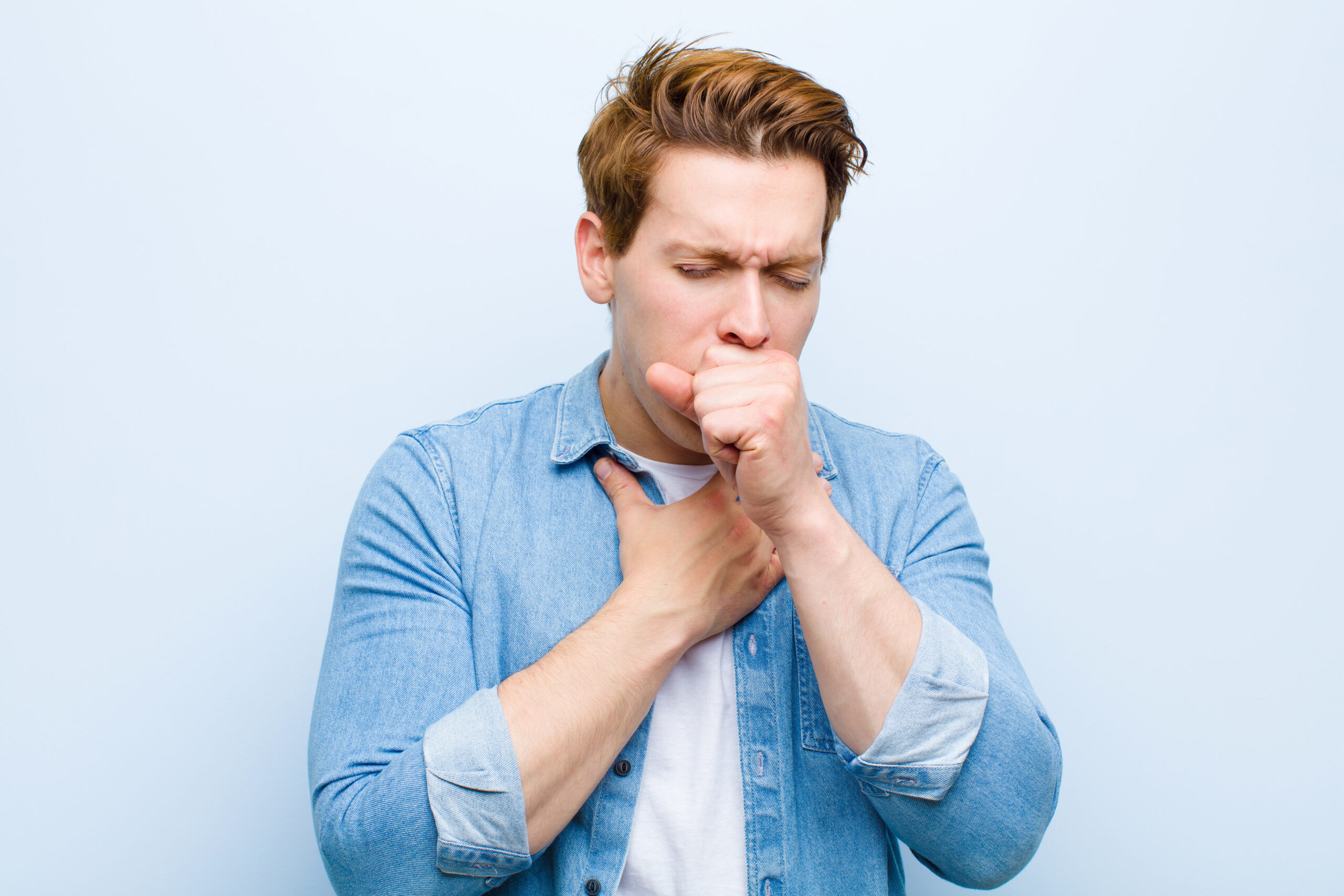
Signs You Have an Acute Upper Respiratory Infection
Dr. BCW, Dr. Curry-Winchell, discusses signs you have an acute upper respiratory infection with Eat This, Not That!
An upper respiratory infection can be a serious issue. Please take the time to review this important topic and check out the article linked below.
Read the full Eat This, Not That article here
Article Snippet:
Upper respiratory infections may be short lived, but can be really painful. “Acute upper respiratory infection refers to an infection that is localized to the nose, throat and sinuses that will last a short period of time, usually a couple of days,” Dr. Bayo Curry-Winchell, Urgent Care Medical Director and Physician, Carbon Health, and Saint Mary’s Hospital tells Eat This, Not That! Health. While the symptoms can be irritating and cause discomfort, the good news is upper respiratory infections don’t cause serious harm to your health. Dr. Curry-Winchell explains what to know about upper respiratory infections and signs you have one. Read on—and to ensure your health and the health of others, don’t miss these Sure Signs You’ve Already Had COVID.
See what else Dr. Curry-Winchell has to share as she answers questions for Eat This, Not That as they discuss signs you have an acute upper respiratory infection.
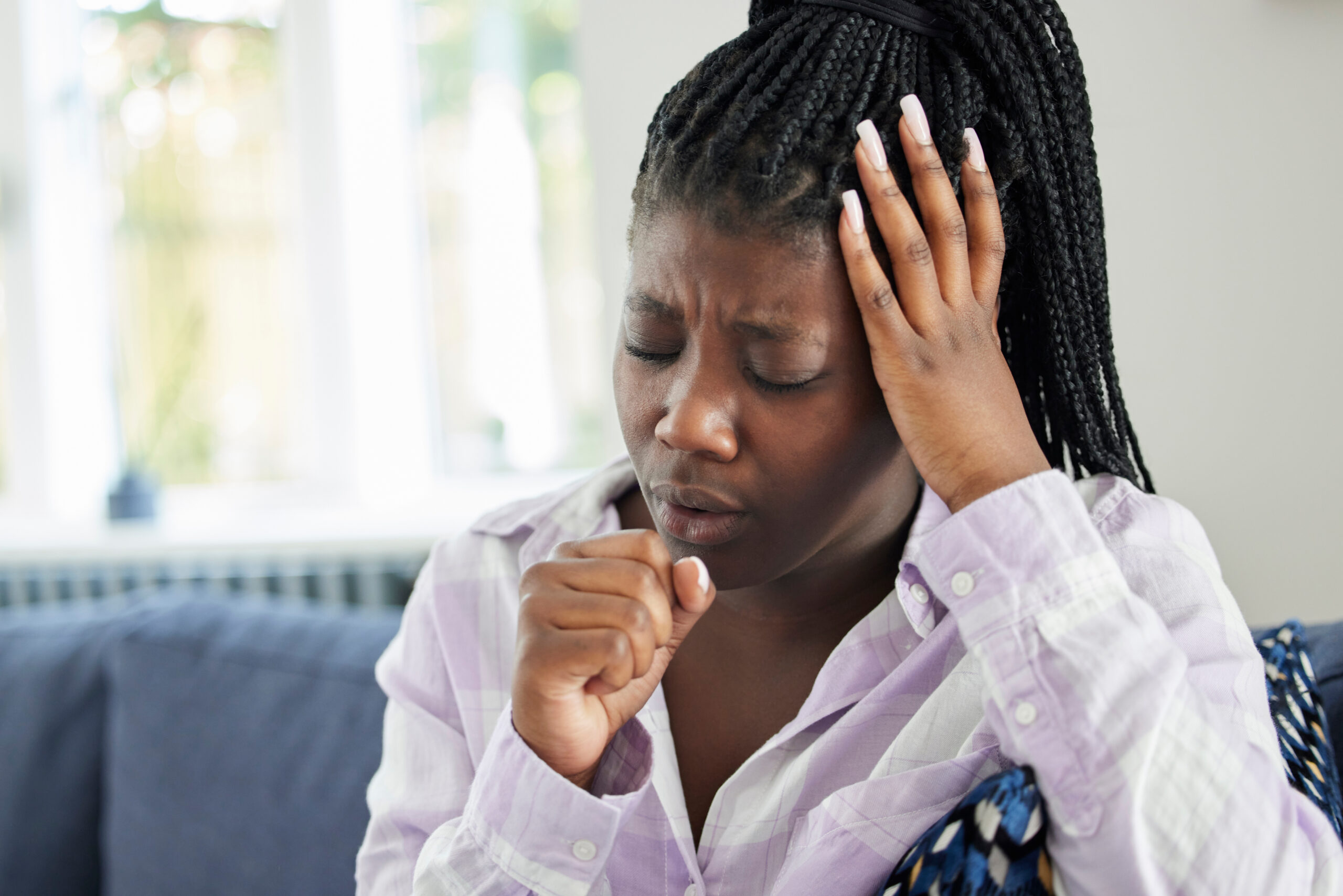
Symptoms COVID Patients Say They’ve Had Most
Dr. BCW, Dr. Curry-Winchell talks with Eat This, Not That, about COVID Symptoms, what to look for and what to do if you experience them.
Read the full Eat This, Not That article here
Article Snippet:
While there’s still much to be learned about COVID, one thing is clear—everyone has a different reaction to the virus. Dr. Bayo Curry-Winchell, Urgent Care Medical Director and Physician, Carbon Health, and Saint Mary’s Hospital tells Eat This, Not That! Health, “The virus affects everyone differently based on the level of exposure, variant, current health status and vaccine plus booster status.” That said, there are common symptoms that many patients do experience and Dr. Curry-Winchell reveals what the symptoms are and why vaccinated people are still getting COVID. Read on—and to ensure your health and the health of others, don’t miss these Sure Signs You’ve Already Had COVID.
Loss of Smell and Taste: Dr. Curry-Winchell says, “Loss of taste and smell, [is common among COVID patients], which is profound when you reflect on how integrated these senses are a part of our daily lives. Some patients have not had their taste and smell return.”…
See what else Dr. BCW has to share as she answers questions for Eat This, Not That as they discuss symptoms COVID patents say they’ve had most.

Sure Signs You Have “Lumbago,” Say Physicians
Dr. BCW, Dr. Curry-Winchell, talks with Eat This, Not That, about the signs of Lumbago and what to do if you are concerned.
Read the full Eat This, Not That article here
Article Snippet:
Back pain is a common condition that can be chronic and crippling. There’s several types of back pain and lumbago is a general term to describe lower back pain symptoms and can be felt in the legs at times. According to the International Association for the Study of Pain, “Low back pain is a common global problem. The point prevalence of low back pain (LBP) in 2017 was estimated to be about 7.5% of the global population, or around 577.0 million people.” Eat This, Not That! Health talked with Dr. Bayo Curry-Winchell, Urgent Care Medical Director and Physician, Carbon Health, and Saint Mary’s Hospital who explained everything to know about lumbago and signs that indicate you have it. Read on—and to ensure your health and the health of others, don’t miss these Sure Signs You’ve Already Had COVID.
Lower Back Pain (Sudden / Severe): Dr. Curry-Winchell shares, “One moment you’re making dinner, and the next you are unable to get up from the couch. The sudden onset of not being able to stand up straight or walk is a common first sign of lumbago. This can last for a few days, to several weeks, to months.”
See what else Dr. Curry-Winchell has to share as she answers questions for Eat This, Not That as they discuss sure signs you have “Lumbago.”
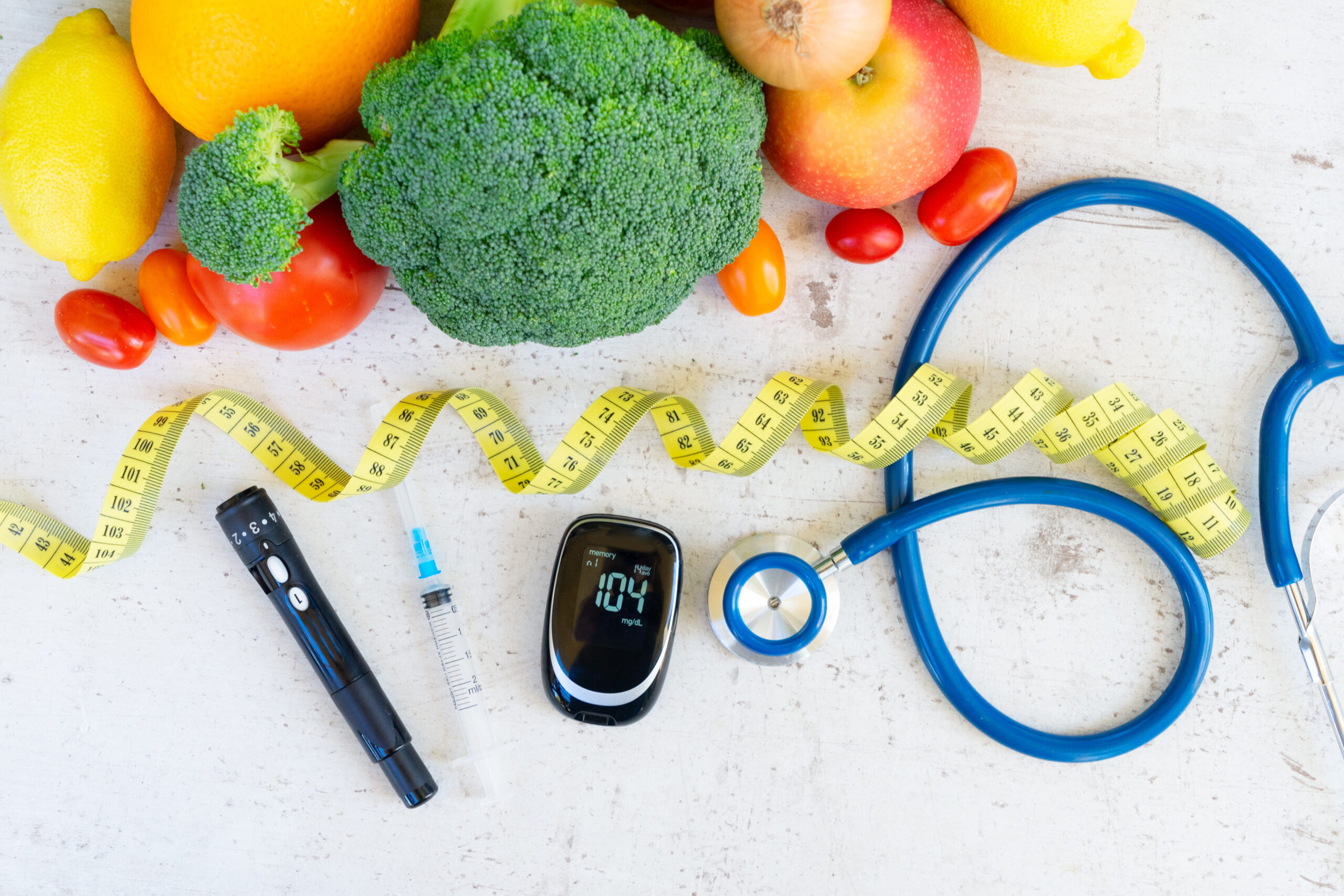
Signs You Have Diabetes, Say Physicians
Dr. BCW, Dr. Curry-Winchell, talks with Eat This, Not That! and provides signs you might have Diabetes and what to watch for. Diabetes is a serious medical condition that impacts many people across the globe and can impact anyone. Please take the time to review this important topic.
Read the full Eat This Not That article here
Diabetes is on the rise in the U.S. and cases are at a record high. Chances are you know someone with the disease since over 37 million Americans, or 1 in 10 people have diabetes according to the Centers for Disease Control and Prevention and describes the diabetes as “a chronic (long-lasting) health condition that affects how your body turns food into energy. Most people’s bodies naturally produce the hormone insulin, which helps convert sugars from the food we eat into energy that the body can use or store for later. When you have diabetes, your body either doesn’t make insulin or doesn’t use its insulin well, causing your blood sugar to rise. High blood sugar levels can cause serious health problems over time. With type 1 diabetes, the body can’t make insulin. If you’re diagnosed with type 1, you’ll need to take insulin every day to survive. With type 2 diabetes, your body doesn’t use insulin well. The good news is that type 2 diabetes can be prevented or delayed with healthy lifestyle changes.” In spite of what many think, diabetes isn’t a childhood condition or something older people get. Anyone at any age can get it and Eat This, Not That! Health spoke with Dr. Bayo Curry-Winchell, Urgent Care Medical Director and Physician, Carbon Health, and Saint Mary’s Hospital, who explained what to know about diabetes and what the signs are that you might have the harmful health condition. Read on—and to ensure your health and the health of others, don’t miss these Sure Signs You’ve Already Had COVID.
See what else Dr. BCW has to share as she answers questions for Eat This, Not That as they discuss signs you have diabetes.

Here’s Who’s Getting Omicron Now
Dr. BCW, Dr. Curry-Winchell, discusses the COVID-19 Omicron variant and who is most commonly getting Omicron at this point. This is an important topic as cases continue to rise. Please take the time to read the full article linked below.
Read the full Eat This, Not That article here
Article Snippet:
COVID numbers are down in the U.S., but with a surge happening in Europe and Asia, experts warn we could see an uptick in cases. “What we’re seeing in Europe, and particularly in the U.K., is something we really need to pay attention to because they are starting to see a reversal and a resurgence of cases,” Dr. Anthony Fauci, chief medical adviser to the White House, told “GMA3” on Friday. “So even though our cases are continuing to come down, I would not be surprised if in the next couple of weeks … that we might well see an increase in cases.” Eat This, Not That! Health spoke with Dr. Bayo Curry-Winchell, Urgent Care Medical Director and Physician, Carbon Health, and Saint Mary’s Hospital who explains what to know about Omicron right now and who’s at risk for getting it. Read on—and to ensure your health and the health of others, don’t miss these Sure Signs You’ve Already Had COVID.
Dr. Curry-Winchell shares, “The increase in cases could be a warning sign the U.S. will face another Omicron surge. In the past the U.S. has experienced a surge approximately four to six weeks after a rise in cases in Asia and Europe. The recent variant B.2 subvariant is extremely contagious however, on a positive note it’s not associated with an increase in lethality. It’s important to keep a close eye on the effect this new variant has on hospitalization and death rates…
See what else Dr. Curry-Winchell has to share as she answers questions for Eat This, Not That as they discuss who is getting Omicron Now

Here’s What Lupus Feels Like, Say Physicians
Dr. BCW, Dr. Curry-Winchell, talks with Eat This, Not That! about what it feels like to have Lupus.
Read the full Eat This, Not That article here
Article snippet:
Lupus is an autoimmune disease that affects an estimated 1.5 million Americans and an average of 5 million people worldwide, according to Lupus.org. Dr. Daniel Boyer of Farr Institute tells us, “Lupus is a severe long-term disease caused by the effects of an overactive immune system that attacks healthy tissues in the body leading to organ damage, fever, and joint pains.” While there’s no cure for Lupus, there are effective treatments that can improve symptoms. Eat This, Not That! Health spoke with experts who explain what exactly lupus is, what it feels like and who is at risk. Read on—and to ensure your health and the health of others, don’t miss these Sure Signs You’ve Already Had COVID.
What is Lupus?
Dr. Bayo Curry-Winchell, Urgent Care Medical Director and Physician, St. Mary’s Health Network explains, “Lupus is a disease that involves your immune system-network that usually protects your body from disease. It’s attacking your body’s organs and tissues. Think of it as a battle or war happening within someone’s body without the presence of disease, infection, or injury. The organs most affected are the kidneys, lungs, brain, heart, and blood vessels.”
See what else Dr. BCW has to share as she answers questions for Eat This, Not That as they discuss What Lupus Feels Like.